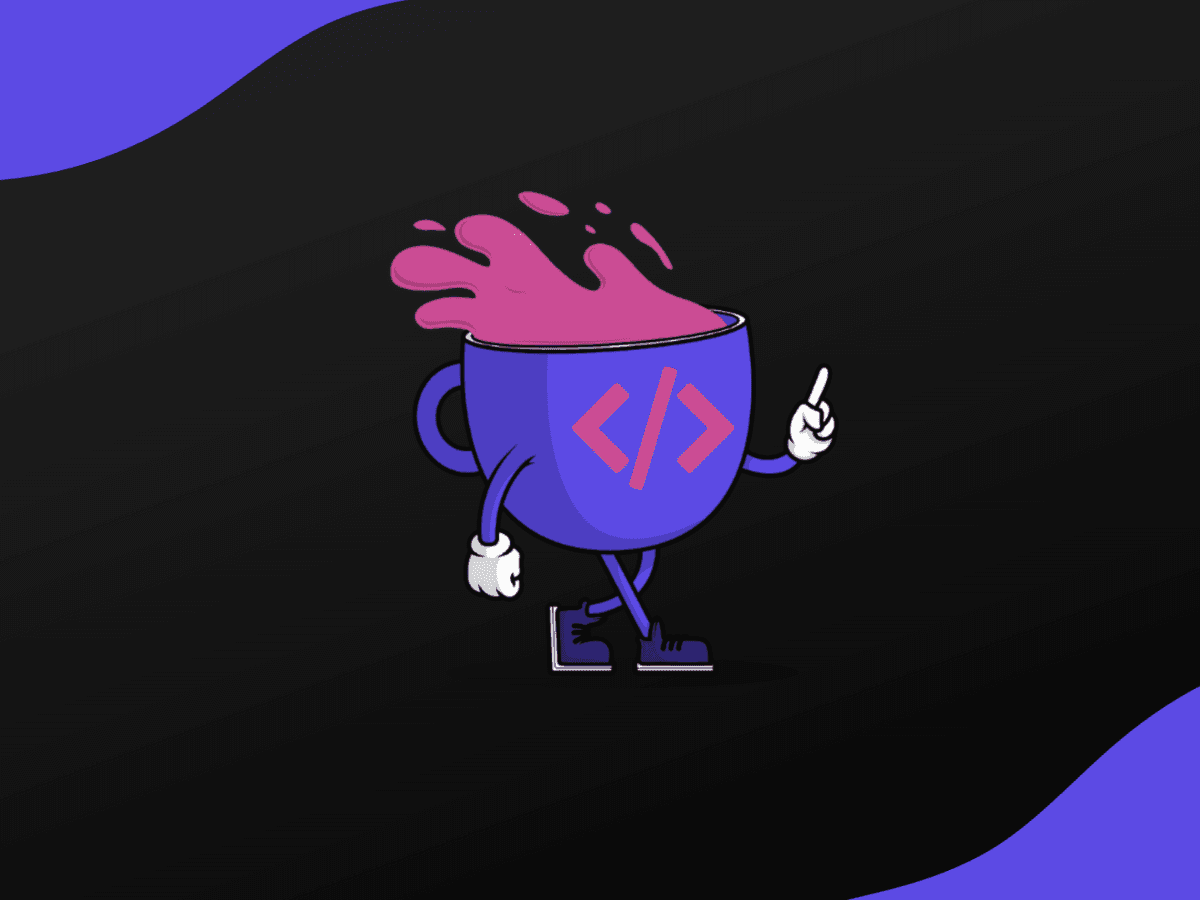Mastering Automation in DevOps

- Continuous Integration Tools
- Configuration Management Tools
- Infrastructure as Code (IaC) Tools
- Orchestration Tools
- Scripting and Programming Languages
- Conclusion
Automation is one of the key principles of DevOps. By automating tedious and repetitive tasks, DevOps teams can save time, reduce errors, and improve overall efficiency. In this article, we'll explore some of the most popular tools and techniques for mastering automation in DevOps.
Continuous Integration Tools
Continuous Integration (CI) is a key component of the DevOps workflow. CI tools automatically build and test code changes as soon as they are committed to the repository. This ensures that any issues are caught early on, before they become bigger problems. Some popular CI tools include:
- Jenkins
- Travis CI
- CircleCI
- GitLab CI
Configuration Management Tools
Configuration Management (CM) tools allow DevOps teams to automate the configuration of servers and other infrastructure components. With CM tools, teams can define configurations as code, making it easy to test and deploy changes. Some popular CM tools include:
- Ansible
- Puppet
- Chef
- SaltStack
Infrastructure as Code (IaC) Tools
Infrastructure as Code (IaC) is the practice of defining infrastructure components as code. IaC tools allow DevOps teams to manage infrastructure in a more repeatable and scalable way. Some popular IaC tools include:
- Terraform
- CloudFormation
- Azure Resource Manager
- Google Cloud Deployment Manager
Orchestration Tools
Orchestration tools allow DevOps teams to manage complex workflows involving multiple components and services. With orchestration tools, teams can define workflows as code, making it easy to automate and scale processes. Some popular orchestration tools include:
- Kubernetes
- Docker Swarm
- Mesos
- Nomad
Scripting and Programming Languages
Finally, scripting and programming languages are essential for mastering automation in DevOps. Languages like Bash, Python, and Ruby are commonly used for scripting tasks, while languages like Go and Java are used for building more complex automation tools. By mastering scripting and programming languages, DevOps teams can build more powerful and flexible automation solutions.
Conclusion
Mastering automation is essential for success in DevOps. By leveraging the right tools and techniques, teams can streamline their workflows, improve their efficiency, and deliver higher-quality software. If you're new to automation in DevOps, start by exploring some of the tools and techniques outlined in this article. With practice and experience, you'll soon become a master of automation.
Stay Ahead with Code highlights
Join our community of forward-thinkers and innovators. Subscribe to get the latest updates on courses, exclusive insights, and tips from industry experts directly to your inbox.

Related articles
8 Articles

Copyright © Code Highlights 2025.
